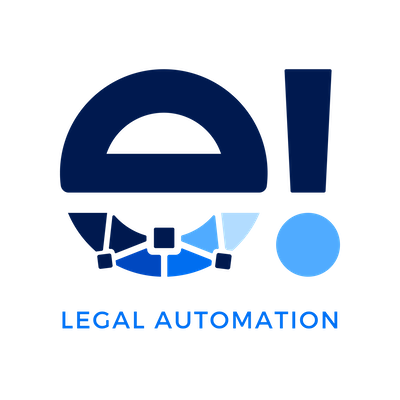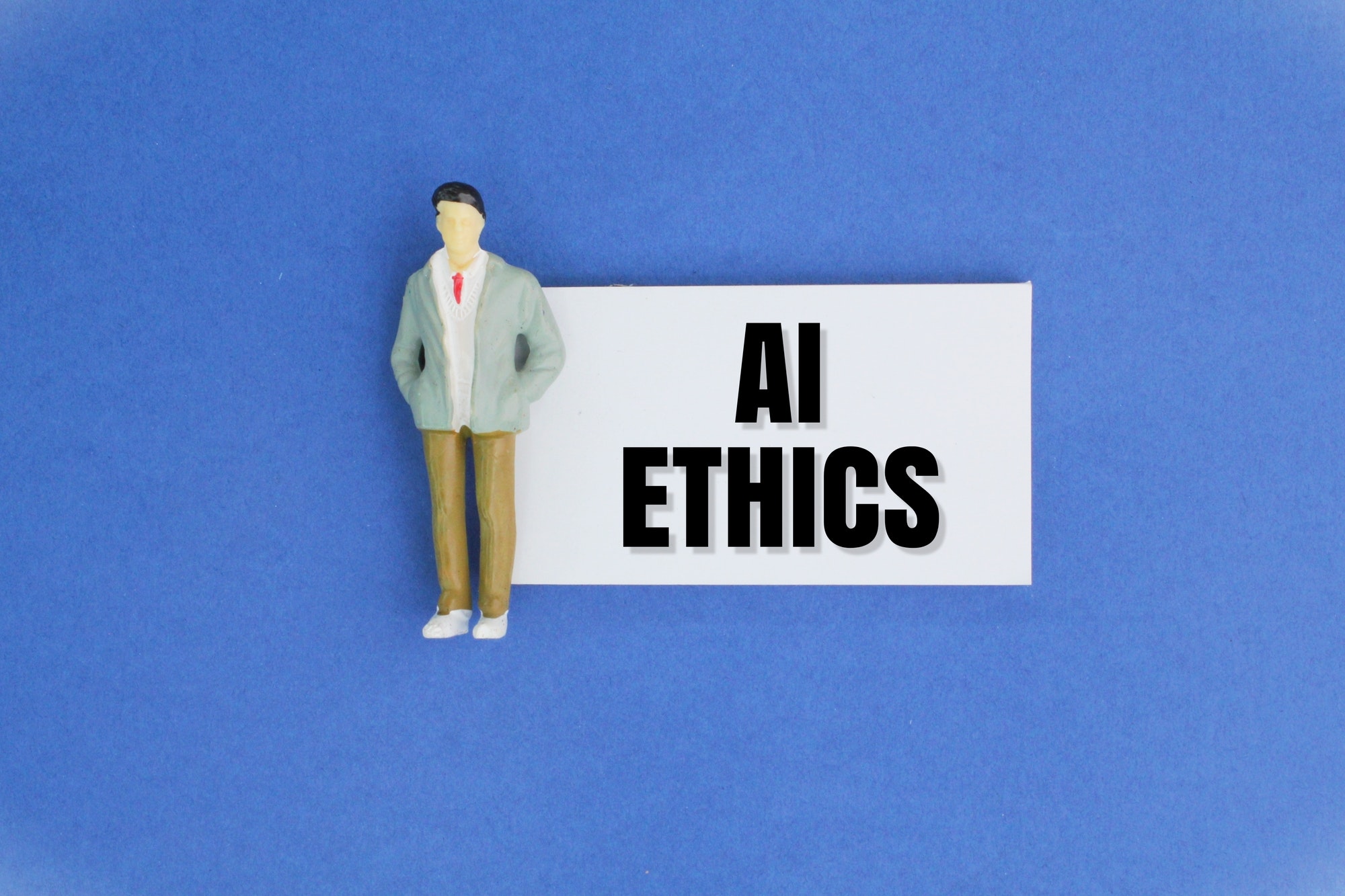Ethical AI stands at the forefront of transforming legal decision support systems, introducing a new paradigm of integrity and fairness in the application of technology in law. This concept involves the integration of AI that not only processes vast amounts of data but also adheres strictly to ethical and moral guidelines.
The challenge, however, lies in embedding transparency and mitigating biases within these AI systems, ensuring that they uphold the principles of justice. This section explores the journey of Ethical AI in the legal field, emphasizing its role in shaping a legal landscape where technology and ethical standards coexist to support impartial and accessible justice.
1. Overcoming Challenges in Legal Contexts
The implementation of Ethical AI in legal contexts presents several challenges. Foremost among these is addressing inherent biases, which may stem from both the data sources and the algorithms themselves.
Ensuring Ethical AI systems navigate the complexities of legal nuances is crucial. This involves maintaining transparency, which is foundational to building trust in the legal system.
Another significant challenge is addressing the digital divide and ensuring equitable access to AI-enabled legal tools. Effectively tackling these issues is essential for Ethical AI to realize its potential in the legal industry.

2. Case Studies in the Legal Industry
The application of Ethical AI in the legal industry is illuminated through various insightful case studies. Notable among these are AI tools used for intricate contract analysis and advanced predictive algorithms in litigation. These tools exemplify the transformative impact of Ethical AI, revolutionizing traditional legal practices.
One specific case study involves an AI system used in family law to predict case outcomes. This system was trained on a vast dataset of historical case records and rulings. However, to ensure Ethical AI principles, the development team meticulously filtered the data to remove any inherent gender or socioeconomic biases. This careful approach ensured that the AI’s predictions were based solely on legal merits, not prejudiced by past societal biases.
These case studies not only highlight the practical benefits of Ethical AI but also the ethical considerations integral to its implementation. They offer a glimpse into how potential biases are identified and mitigated, reinforcing the technology’s commitment to fairness and impartiality.
Through these real-world examples, we gain a tangible understanding of Ethical AI’s evolving role in legal processes. These case studies underscore the significant impact this is making in modern law practice, showcasing its ability to enhance accuracy and fairness in legal decision-making.
3. Balancing Efficiency and Ethics in Legal Systems with Ethical AI
Balancing efficiency and ethics in AI-driven legal systems is a critical challenge. Ethical AI must enhance legal processes while upholding ethical standards, requiring a nuanced approach.
This involves incorporating ethical guidelines in AI development and continuously monitoring for biases. Additionally, maintaining human oversight is vital in ensuring AI-assisted decisions are both efficient and ethically sound.
Ethical AI represents a commitment to a future where technology amplifies justice, maintaining the essential human element in legal decision-making.

4. The Future of Ethical AI in Evolving Legal Practices
The future role of Ethical AI in legal practices is marked by both opportunities and challenges. It promises to shape more equitable and efficient legal processes, especially for underrepresented communities.
However, this future depends on the legal profession’s ability to adapt and stay updated with AI developments. Ensuring that Ethical AI aligns with evolving legal and societal standards is paramount.
The dialogue between technology and ethics will be crucial in guiding the development of Ethical AI in the legal sector, emphasizing the need for ongoing adaptation and ethical vigilance.
5. Ethical AI: A Crucial Element in Legal Decision Making
The integration of Ethical AI in legal decision-making underscores its necessity for the integrity of the legal system. As AI becomes more ingrained in legal operations, focusing on Ethical AI is increasingly vital.
This section emphasizes the importance of ensuring AI systems in the legal field are transparent, unbiased, and accountable. The commitment to Ethical AI reflects a broader societal and professional responsibility to uphold justice.
In conclusion, the pursuit of AI innovation in the legal sector must always be accompanied by a strong commitment to ethical principles, highlighting the indispensable role of Ethical AI in modern legal practices.
Conclusion
Embracing Ethical AI is essential in modernizing legal decision support systems, ensuring they are efficient and just. The key lies in overcoming biases, ensuring transparency, and balancing technological advancement with ethical responsibility. This commitment to Ethical AI is vital, not just for technological progress but for upholding the integrity and fairness of the legal system in our digital era.






